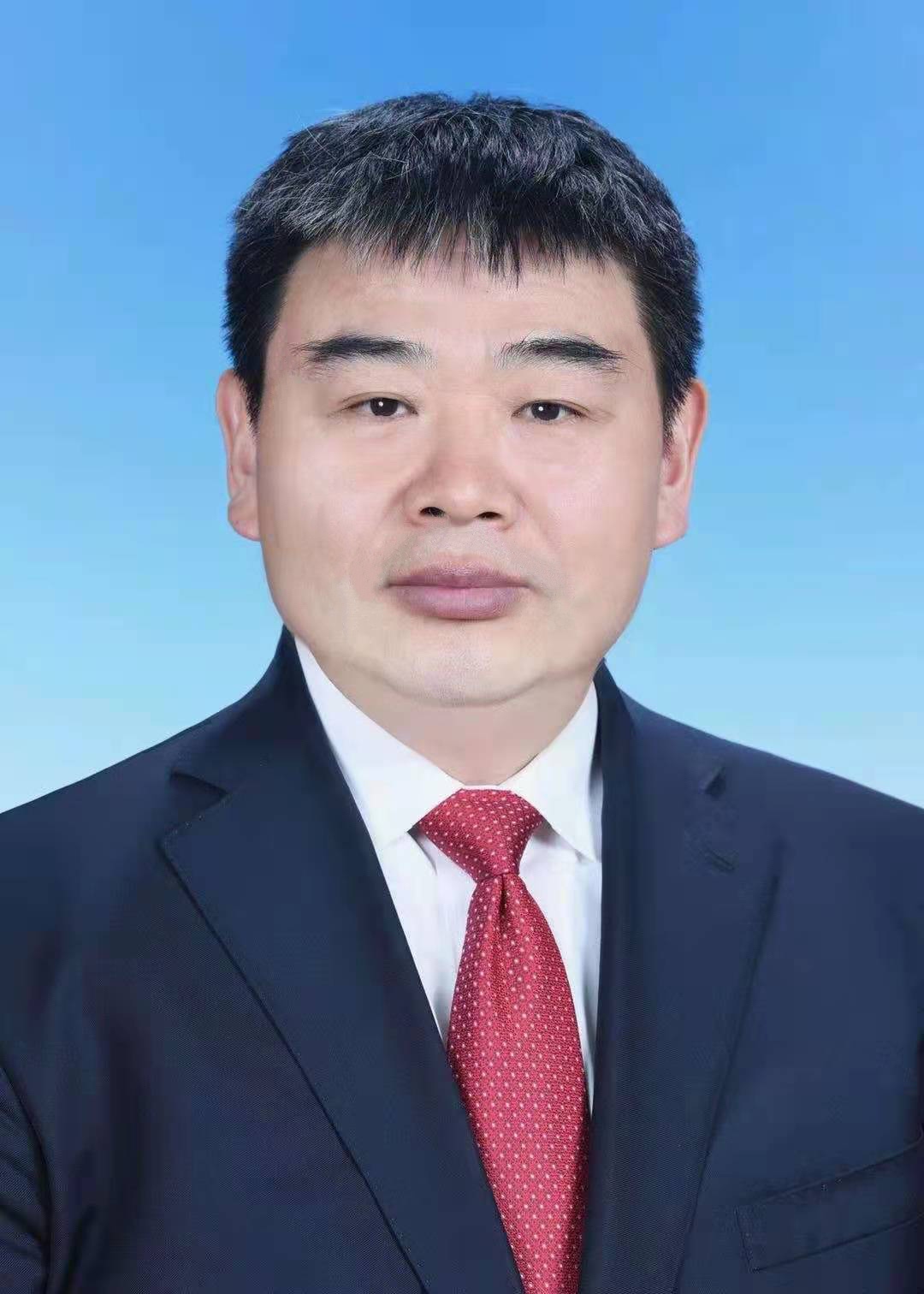Introduction of Editor-in-Chief

GUO Xusheng, male, a professor-level senior engineer and an academician of the Chinese Academy of Engineering, was born in Chiping County, Shandong Province, China, in April 1965. He graduated with a master's degree in geography from Shandong Normal University in 1988 and obtained a Ph.D. in geology from the Institute of Geology and Geophysics, Chinese Academy of Sciences, in 2001. He currently serves as the Deputy Chief Geologist of SINOPEC and the President of the SINOPEC Petroleum Exploration and Production Research Institute.
Academician GUO Xusheng has been working at the forefront of oil and gas exploration, scientific research and production for a long time. He is an expert in the field of shale gas and ultra-deep gas exploration, and has taken charge of a number of national, provincial and ministerial scientific and technological projects and major engineering projects. Since 2008, he has served as the CTO and project head of the national science and technology major project “Distribution Law of Large and Medium Marine Carbonate Oil and Gas Fields and Exploration Evaluation (2008, 2011ZX05005-003)”, and project head of the national science and technology major project “Shale Gas Zone Target Evaluation and Exploration Technology (2017ZX05036)”.
When facing the difficult situations that China’s shale gas accumulation conditions were complex and no large gas field was found, Academician GUO Xusheng believed that the geological conditions in China were different from those of the United States, so the North American theory and technology were not applicable to the geological characteristics of high maturity and complex tectonic reworking of the marine shale in China. He also recognized that unclear enrichment laws and lack of effective technology were the fundamental reasons restricting the discovery of large shale gas fields in China.
Through research on the mechanism of high-maturity shale gas accumulation in complex structural areas, Academician GUO Xusheng has developed a new understanding of the "binary enrichment" law of marine shale gas in southern China, i.e., the development of high-quality shale of deep-water continental shelf facies is the basis for shale gas “hydrocarbon generation and reserves control”, and the good preservation conditions are the key to shale gas “accumulation and production control”. Then he established an evaluation system for shale gas strategic exploration area selection on this basis. He put forward a new mind frame of density-based prediction method, and led the research and development of a new technique for prediction of high-yield enrichment zones, which successfully predicted the high-yield enrichment zones and discovered the Fuling gas field, the first large-scale shale gas field in China. The discovery of Fuling gas field was a strategic breakthrough in shale gas exploration in China, and provided theoretical and technical support for large-scale shale gas exploration and development in China.
In the field of ultra-deep marine carbonate rock exploration, no ultra-deep (buried depth > 6,000 m) large bio-reef gas field had been found in China for a long time, and no such field had been reported abroad. In response to such issues as rock densification, unclear reservoir development and hydrocarbon accumulation mode, and difficulties in predicting, he established a “pore-fracture dualistic structure” reservoir model and hydrocarbon accumulation mode for ultra-deep bio-reefs based on basic geological study and exploration practice in the Sichuan Basin, which provided a theoretical basis for exploration breakthrough, overcame the bottleneck of seismic exploration technology in Yuanba ultra-deep reservoirs, and led to the successful prediction of reservoirs below durial depth of 7,000 meters. He led his team to conquer the bottleneck of drilling and completion technique for high temperature, high pressure and high sulfur formation in northeast Sichuan and discovered the Yuanba Gas Field, the first ultra-deep bio-reef gas field in China.
By applying the above theories and technologies, academician GUO Xusheng has led his team to successfully discover 6 large and medium-sized gas fields with proved gas geological reserves of 1.27 trillion cubic meters and total three-level reserves of 3.1 trillion cubic meters (2.48 billion tons of oil equivalent).
Academician GUO Xusheng has won 3 first prizes of National Prize for Progress in Science and Technology, 1 grand prize and 4 first prizes of Provincial and Ministerial Prize for Progress in Science and Technology. He has obtained 6 invention patents. He published 4 academic monographs and 47 academic papers on major publications at home and abroad. He is one of the national candidates of “New Centuary National Hundred, Thousand and Ten-Thousand Talent Project” and is an expert receiving special government allowance from the State Council. In 2012, he won the title of “National Excellent Science and Technology Worker”; in 2013, he was awarded the “Li Siguang Geological Science Award.” In 2014, he was awarded the “Outstanding Engineer Award” in China, and in 2016, he was awarded the prize for “Scientific and Technological Progress of Ho Leung Ho Lee Foundation”.
Academician GUO Xusheng focuses on talent culturing and team building. His team has won the “National Labour Medal (2013)” and the “Excellent Scientific and Technological Innovation Team (2019)” awarded by the State-owned Assets Supervision and Administration Commission of the State Council. He also serves as a part-time professor and a doctoral supervisor of China University of Petroleum (Beijing), vice chairman of the 10th Council of Chinese Petroleum Society, director of the academic committee of SINOPEC Key Laboratory of Petroleum Accumulation Mechanisms, and chief editor of the journal Petroleum Geology and Experiment.






 苏公网安备32021102000780号
苏公网安备32021102000780号